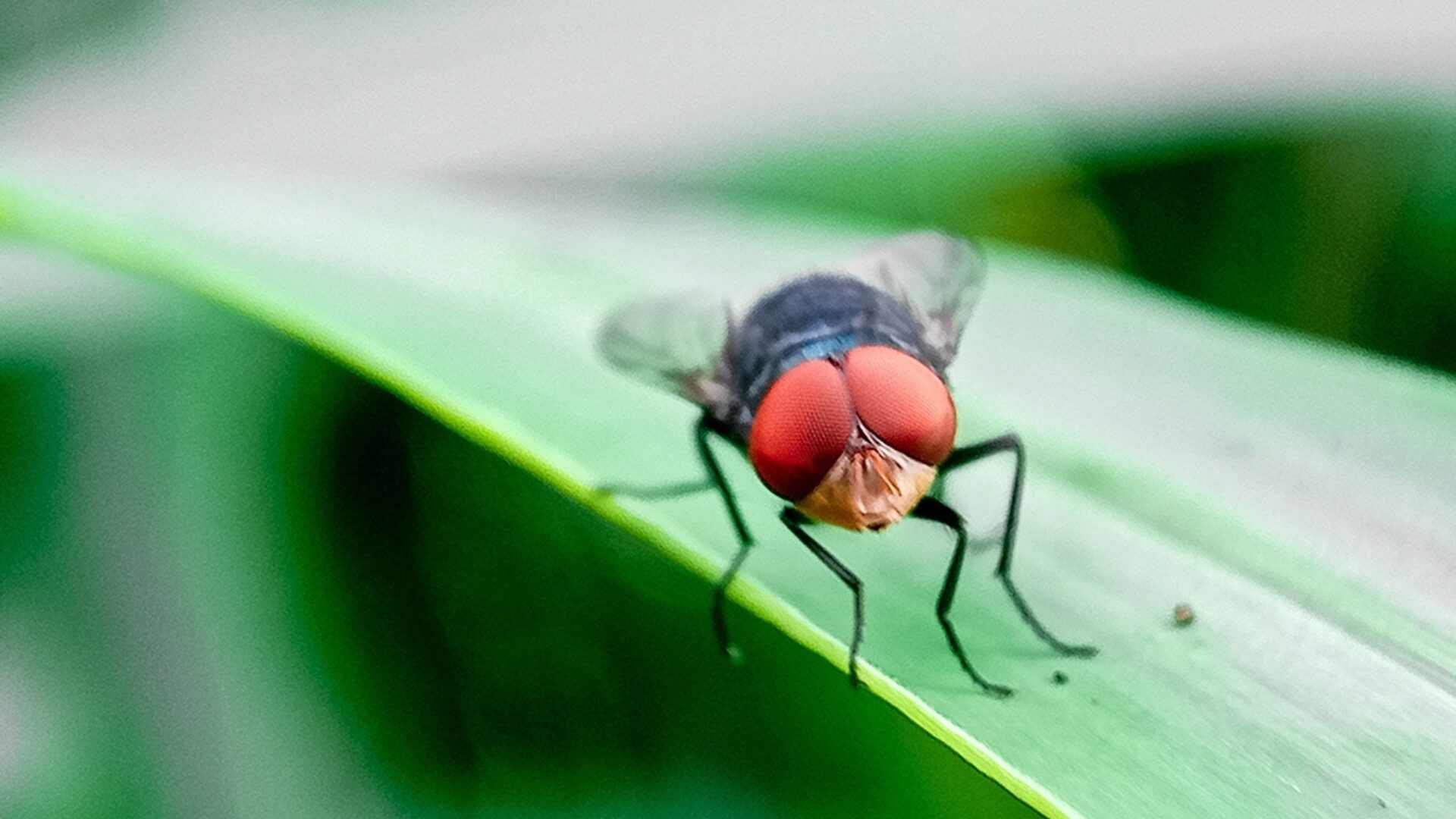The U.S. Environmental Protection Agency (EPA) will stop the use of chlorpyrifos, one of the most common pesticides, according to a news release.
The move is intended to better protect human health, particularly of children and farmworkers. EPA is revoking all “tolerances” for chlorpyrifos, which establish an amount of pesticide allowed on food.
Additionally, the agency is issuing a Notice of Intent to Cancel under the Federal Insecticide, Fungicide, and Rodenticide Act to cancel registered food uses of the pesticide associated with revoked tolerances.
Chlorpyrifos is an organophosphate insecticide with a variety of uses in agriculture, such as for soybeans, fruit and nut trees, broccoli, cauliflower, and other row crops. The substance has been found to inhibit an enzyme, which leads to neurotoxicity, and has also been associated with potential neurological effects in children.
“Today EPA is taking an overdue step to protect public health. Ending the use of chlorpyrifos on food will help to ensure children, farmworkers, and all people are protected from the potentially dangerous consequences of this pesticide,” said administrator Michael Regan in the release.
REVERSAL OF TRUMP ADMINISTRATION DECISION
The steps are in response to the Ninth Circuit’s order directing EPA to issue final rule in response to the 2007 petition filed by the Pesticide Action Network North America and the Natural Resources Defense Council. The petition requested that EPA revoke all chlorpyrifos tolerances, or the maximum allowed residue levels in food.
Under the previous presidential administration, EPA denied the petition in 2017 and denied the subsequent objections in 2019. These denials were challenged in the Ninth Circuit Court of Appeals in 2019 by a coalition of farmworker, health, environmental, and other groups.
EPA has now determined that the current aggregate exposures from use of chlorpyrifos do not meet the legally required safety standard.
BACKLASH FROM AFBF
The American Farm Bureau Federation hit back at the EPA decision, saying it wasn’t a decision made with sound science.
“We urge EPA officials not to make determinations on pesticides outside of the regular registration review process already underway. The integrity of the registration review process and commitment to using sound science must be prioritized in a decision of such far-reaching consequences,” the organization wrote.











